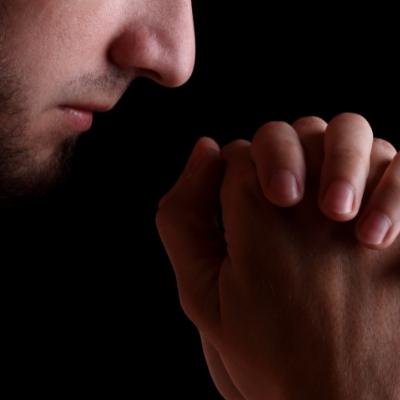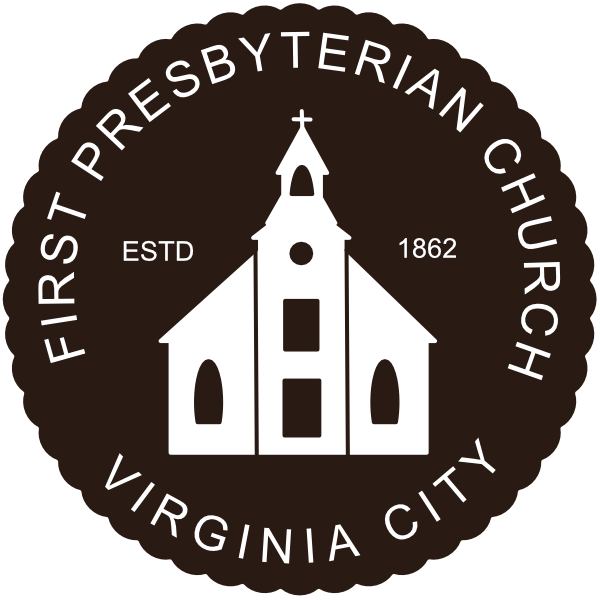
So, I don’t watch a lot of television. I’m also not much of an armchair athlete – except- when the Olympics are broadcast. I enjoy watching these elite athletes accomplish their amazing feats, while cheering on the “home team”. Often, however, while watching the competition and rivalries play out, I’ve noticed that there is usually more drama outside of the sports venue than in the actual competition. Much of this week’s drama has focused on Simone Biles, who has chosen to withdraw from multiple events, due to her mental health concerns and its effect on her safe performance. She posted on Instagram this past Monday after one competition: “It wasn’t an easy day or my best but I got through it. I truly do feel like I have the weight of the world on my shoulders at times.” And while that statement might be a bit hyperbolic, I think it’s fair to say that she has carried the weight of our country’s expectations on her diminutive shoulders leading into these Olympic games.
Our prayer focus this morning is on Hezekiah, King of Israel, who also felt the weight of the world on his shoulders. Or if not the whole world, at least the responsibility for the nation of Judah. He is remembered in scripture as being “one of the two good kings in Judah after David”. Son of Ahaz, he could not have been more different than his father, who was known for his devotion to pagan worship and its associated evils. Ahaz was known for building shrines to pagan gods, and even sacrificed two other sons, burning them alive, in a ritual to one of the idols. Hezekiah, on the other hand, was one of the few kings of Judah who was constantly aware of God’s acts in the past and His involvement in the events of every day. The Bible describes Hezekiah as a king who had a close relationship with God, one who did “what was good and right and faithful before the LORD his God”.
Upon assuming the throne, one of Hezekiah’s first tasks was to boldly clean the proverbial house. Pagan altars, idols, and temples were destroyed. The temple in Jerusalem, whose doors had been nailed shut by Hezekiah’s own father, was cleaned out and reopened. The Levitical priesthood was reinstated and the Passover was reinstituted as a national holiday. Under Hezekiah’s reforms, revival came to Judah. Because King Hezekiah put God first in everything he did, God prospered him. Hezekiah’s life is, for the most part, a model of faithfulness and trust in the Lord. His faith was more than superficial, as his bold reforms show. Hezekiah’s trust in the Lord was rewarded with answered prayer, successful endeavors, and miraculous victory over his enemies. And when faced with an impossible situation, surrounded by the dreadful and determined Assyrian army, Hezekiah did exactly the right thing—he prayed. And God answered. It is this situation that occasioned the prayer we read in our scriptures this morning.
It was in the year 701 BC that Hezekiah and all of Judah faced a crisis of epic proportions. Assyria, the dominant power at the time, under King Sennacherib, was on a mission to gain access to the Mediterranean Sea. The country of Judah just happened to be in their way, and they weren’t about to let that stop them. Diplomacy, in the form of intimidating speeches by the Assyrian emissaries and the responses by the government in Judea, were highly unsuccessful. Thus, Hezekiah was faced with the dilemma of providing security for his people by submitting to the adversary versus trust and faithfulness in YHWH, the God of the covenant, to save them from this superior military power.
At the heart of one of Sennacherib’s verbal confrontations was that resistance was futile. While Hezekiah asserted that God would deliver, the Assyrians rejected that expectation, based on the fact that other countries with other gods had been no match for their armies. In their imperial perspective, they likened the God of Judah to the powerless gods of the nations they had previously conquered, weak and ineffective. But here, as one commentator notes, from the perspective of Israel’s faith and our hindsight, the Assyrians made a huge theologically categorical mistake. YHWH, the God of Judah, was NOT like the other failed gods. YHWH was a God who would act.
Faced with the Assyrian threat, Hezekiah sent word to the prophet Isaiah. The Lord, through Isaiah, reassured the king that Assyria would never enter Jerusalem. Rather, the invaders would be sent home, and the city of Jerusalem would be spared. Thus, the righteous Hezekiah goes to the temple in Jerusalem to pray. Here, he prays a beautiful prayer for help, asking God to vindicate Himself before the enemy: “Now, Lord our God, deliver us from his hand, so that all the kingdoms of the earth may know that you alone, Lord, are God”. In his prayer, he shows himself needful and vulnerable before God, an appropriate position for a king who carried, perhaps not the weight of the world, but the weight of country’s safety on his shoulders.
And so, we come to his prayer. As with other prayers, he begins with doxology, where the king affirms God as the one, only and true God, the creator of heaven and earth, who is committed to the care of God’s people. This too could be a model for our personal prayers, for Gods’ commitment to his children has not changed in the least in the intervening millennia to this day. The creator of the world continues to hear and care for his children.
Second, Hezekiah lays out his of his dilemma, pointing to the cynical brutality of the Assyrian king, who makes a mockery of the God, along with the other pagan gods, and challenges the power of YHWH. He portrays Sennacherib as devastator of the earth and mocker of heaven, realms over which God rightly presides.
Finally, he moves to petition. It is the dominant imperative of his entire prayer, “Save us, I pray!” And if for no other reason than God’s covenant promise, it is that the world will know that God is God alone.
“Save us, we pray”. Have you ever uttered this prayer for yourself or others? As we consider Hezekiah’s prayer for ourselves, we are reminded that we too can be open and vulnerable before our God in prayer. There is nothing about us that God does not know, so we do not have to exhibit a façade of ego or strength, although we may be tempted to do so in public. And we can come to God with everything that matters to us, large or small, confident that God will hear our prayers and help us find a way through.
I suspect all of us have days where we feel the weight of the world on our shoulders as we try to protect our loved ones; as we deal with our own personal illnesses or tragedies, or those of whom we love. We recall Jesus saying in Matthew’s gospel, “Come to me, all who labor and are heavy laden, and I will give you rest. Take my yoke upon you, and learn from me, for I am gentle and lowly in heart, and you will find rest for your souls. For my yoke is easy, and my burden is light.” In all things, God will indeed find a way.
When we feel the weight of the world on our shoulders, let us remember the familiar parable of Footprints in the Sand, how Jesus had picked us up and was carrying us when we didn’t even realize it. There were two footprints in the sand and pretty soon one. It wasn’t that God had deserted us at all and we were walking alone in life with only our footprints. Rather, the one set of footprints in the sand was God carrying us at that moment in life. All of us will experience that during life: God carrying us when the burdens have become too great.
In postscript, God, faithful as always, kept His promise to protect Jerusalem. Following the prayer, we are told “That night the angel of the Lord went out and put to death a hundred and eighty-five thousand in the Assyrian camp. The remaining Assyrians quickly broke camp and withdrew in abject defeat. “So, the Lord saved Hezekiah and the people of Jerusalem. Assyria was defeated, not by military might, but by the hand of God.
We can trust that when things become overwhelming, we can turn to God. We can share our burdens with him, and he will find us a way out. God is faithful. Thanks be to God. Amen.
